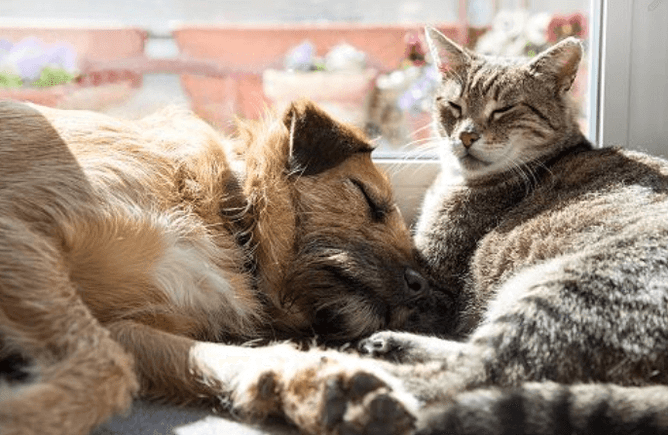Know what to look out for and how to manage this common condition in cats and dogs.
Gastroenteritis is when your pet's stomach/intestines become inflamed and it is common in cats and dogs. Anything that alters their microbiome significantly can lead to the condition, including:
Changes in intestinal flora
A food allergy or sensitivity
Gastrointestinal (GI) ulcers
GI cancers
Foreign bodies
Intestinal obstruction
Genetic disease or predisposition
Ingestion of spoiled or raw foods, or of non-food items
Viruses (parvovirus, distemper, etc.)
Intestinal parasites.
Signs to look out for
Sometimes, dogs and cats with gastrointestinal issues can appear normal, except for changes in their bathroom habits. Whether it's a shift in frequency, location, or consistency of bowel movements, these subtle signs can indicate gastroenteritis.
Two of the most common signs of gastroenteritis are vomiting and diarrhoea. Also watch for:
Dehydration
Blood in vomit or faeces
Nausea
Abdominal pain
Depression or lethargy
Loss of appetite.
It is important to seek veterinary advice if your pet is exhibiting any of these signs.
At-home management
Visit your vet for advice
Offer a therapeutic food that is highly digestible and easy on the GI tract
Provide plenty of fresh water
Take it easy on exercise for a few days.
When to take your pet to the vet
It can be challenging to predict the severity of the condition, so it's better to play it safe!
Always consider getting your furry friend checked by a vet, especially if they're young, elderly, or a small breed prone to dehydration. Also pay attention to vomiting, nausea, blood, pain, or lethargy.

